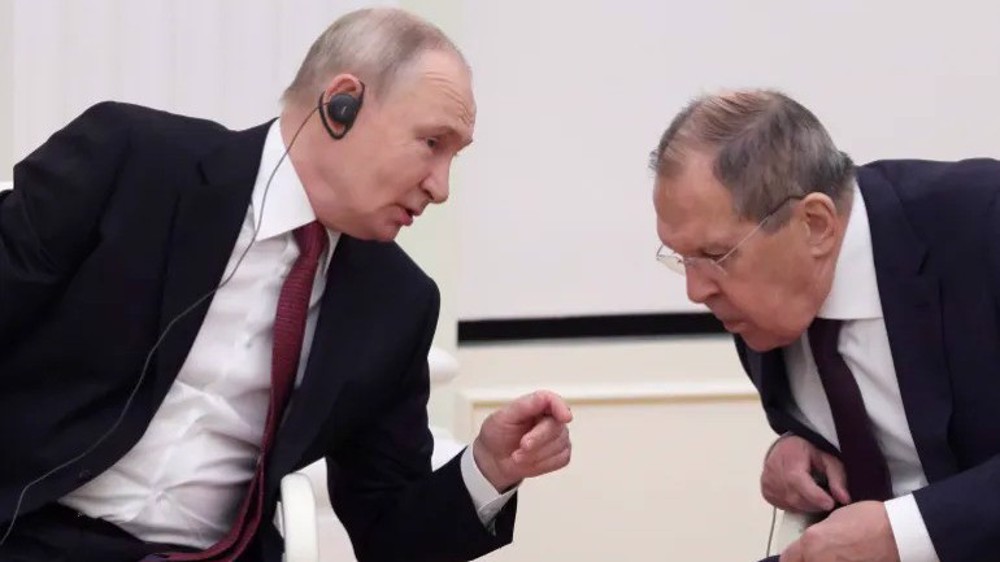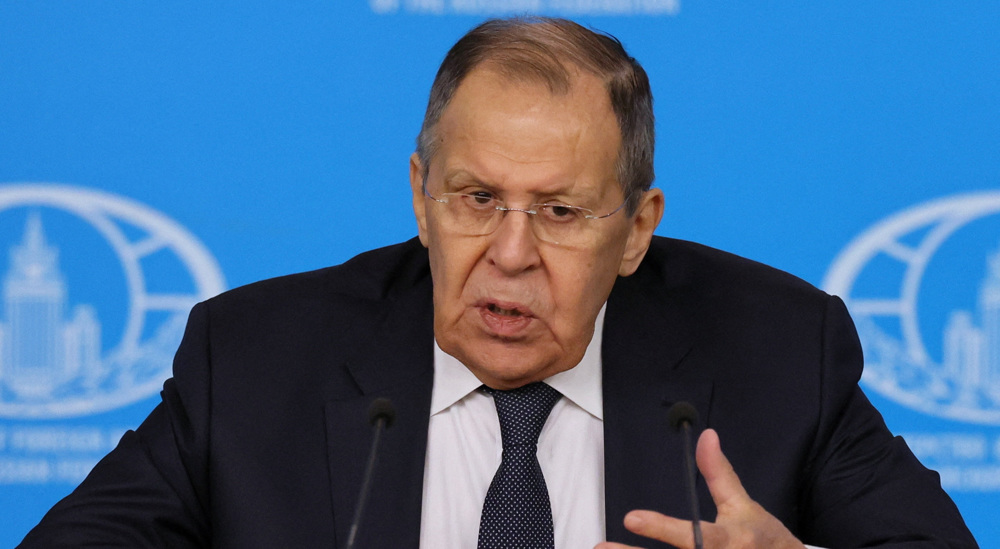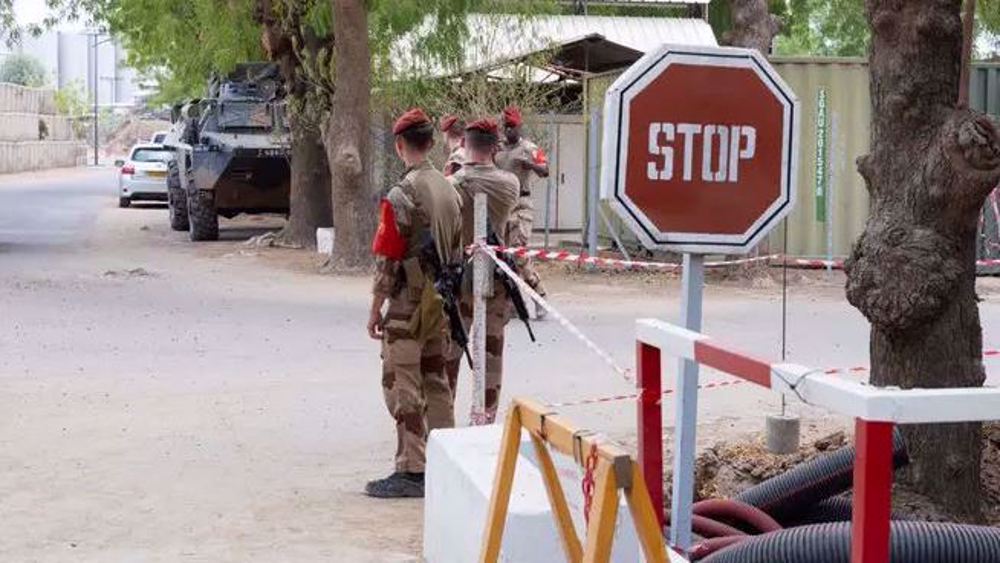Russia, France vow to boots cooperation to fight terror
Russian President Vladimir Putin has described his meeting with his French counterpart Emmanuel Macron as “difficult” but “frank.”
After the Monday meeting in Versailles, Putin and Macron vowed to improve bilateral relations and cooperate towards dealing with international problems, especially Syria and Ukraine. The three-hour meeting was held in the Versailles palace because it coincided with the 300th anniversary of Russia’s former Emperor Peter the Great’s diplomatic visit to France in 1717.
“We sought … common ground [in dealing] with key issues of the international agenda. And I believe that we see it. We are able to … at least try to start resolving the key contemporary problems together,” Putin said.
Putin noted that despite having several differences, they had similar approaches to many issues. He added that the recent meeting had helped both leaders pair common interests, a move which has “qualitatively” improved France-Russia ties.
Putin also said that he had outlined Moscow’s position on Syria for the French president while stressing that terrorism cannot be defeated by undoing a nation’s statehood.
“It is impossible to fight a terrorist threat by dismantling the statehood of those countries that already suffer from some internal problems and conflicts,” he said.
He also invited Macron to come and visit Russia. “I hope that he will be able to spend several weeks in Moscow,” he said.
In his turn, Macron stressed that Russia had an important role in solving problems around the world. “No major problem in the world can be solved without Russia.”
He added that his country is interested in boosting cooperation with Moscow, especially towards ending the conflict in Syria. Macron noted that a solution for such a problem could only be a political one.
Macron also stressed that destroying the Daesh terrorist group is an “absolute priority” for France that is one of the reasons for its inclination to increase cooperation with Russia.
Putin’s visit comes at the official invitation of the new French president, something that has been met with ire in France, especially given Macron’s harsh rhetoric on Russia before he took office earlier this month.
Read More:
- Putin on France visit to mend strained ties with West
- France: Russian important factor in solving many international problems
RT, Sputnik accused ‘deceitful propaganda’
During the press conference, Macron claimed that RT and Sputnik had not “acted like media” during his election campaign.
Ahead of the presidential election, Macron's campaign accused Russia of using hacking and fake news to interfere with the French vote.
Russia was seen by many as a supporter of France’s defeated far-right candidate Marine Le Pen, who lost in the second round of the election, earlier this month.
In late March, Le Pen met President Vladimir Putin in a surprise visit to Moscow ahead of the French presidential election that took place on April 23.
“I have always had an exemplary relationship with foreign journalists, but they have to be real journalists," said Macron. "All foreign journalists, including Russian journalists, had access to my campaign," he said.
Read More:
- Leading French candidate claims huge cyber attack ahead of election
- Russia 'respects' French vote, denies favoring any candidate
Macron went on to describe RT and Sputnik as “organs of influence and propaganda,” adding that both “produced infamous counter-truths about him.”
After the presser, Kremlin spokesman Dmitry Peskov said that Russia “does not agree” with Macron’s claims about the two news organizations.

RT’s Editor-in-Chief Margarita Simonyan responded to Macron’s claims on the news outlets, saying they were in fact attacks on freedom of speech.
“Despite the numerous accusations made throughout the duration of the French presidential campaign, to this day not a single example, not a single piece of evidence, has been presented to support the claims that RT spread any slander or ‘fake news' about Mr. Macron,” said Simonyan.
“By labeling any news reporting he disagrees with ‘fake news,’ President Macron sets a dangerous precedent that threatens both freedom of speech and journalism at large,” he added.
VIDEO | Elderly Palestinian woman attacked by settlers near Ramallah
VIDEO | Hezbollah holds rallies in solidarity with Iran
Iran warns UN Security Council over explicit US military threats
Araghchi: Recent riots aimed at provoking another US war against Iran
Larijani: Ringleaders of rioters in recent unrest identified, some arrested
VIDEO | Solidarity summit: Global call for Palestinian education
VIDEO | Press TV's news headlines
Hamas says it fulfilled all its obligations under Gaza ceasefire deal












 This makes it easy to access the Press TV website
This makes it easy to access the Press TV website